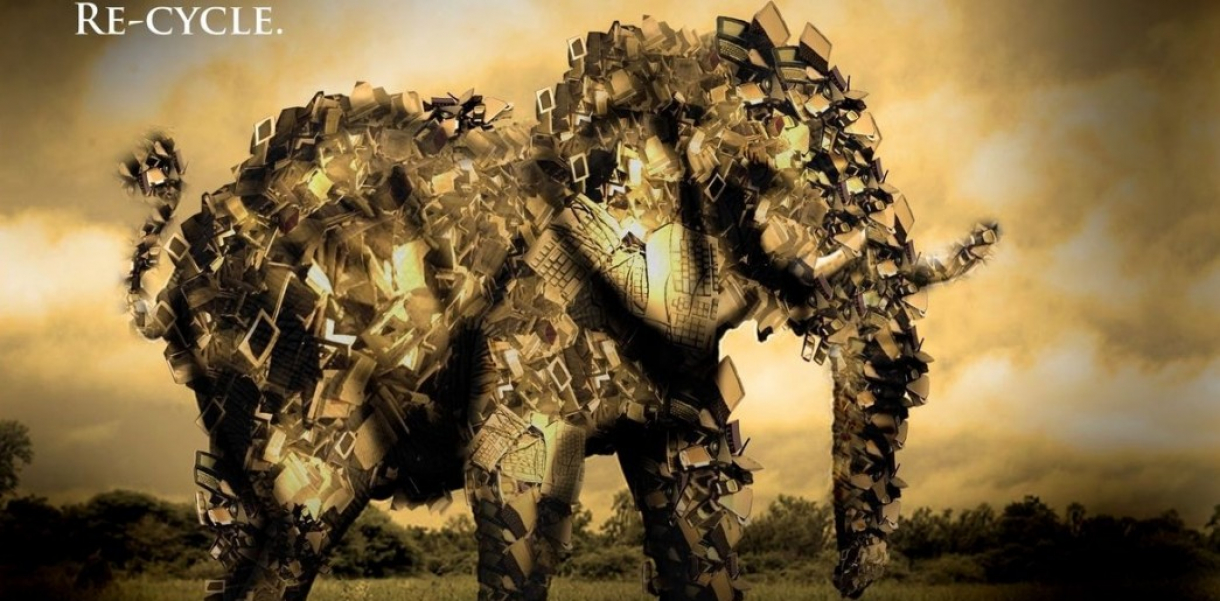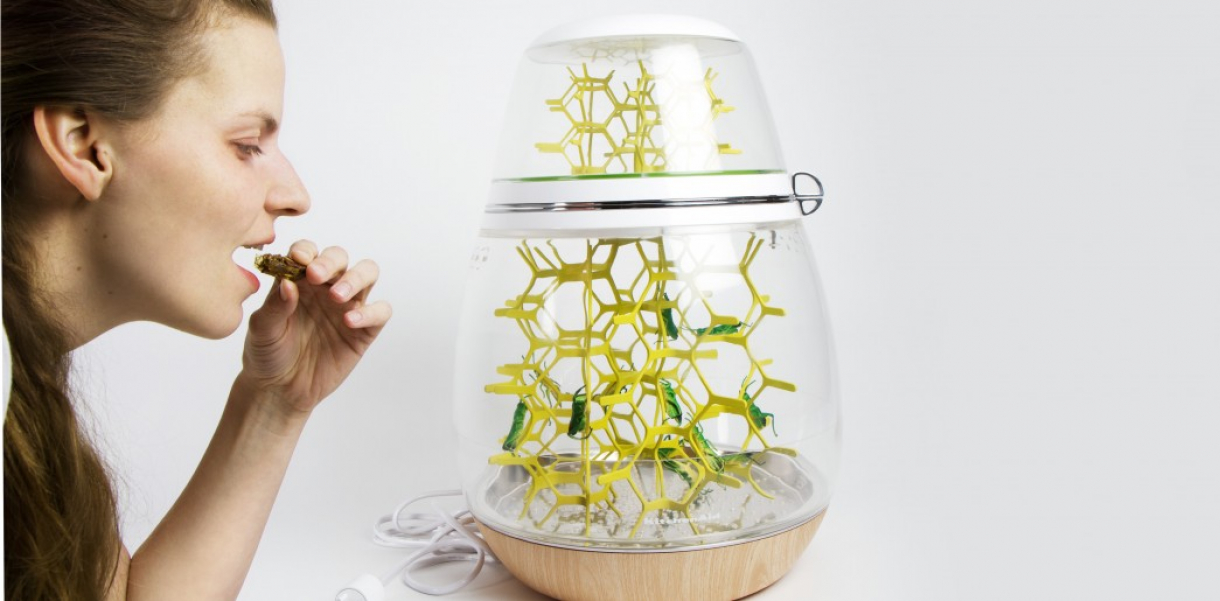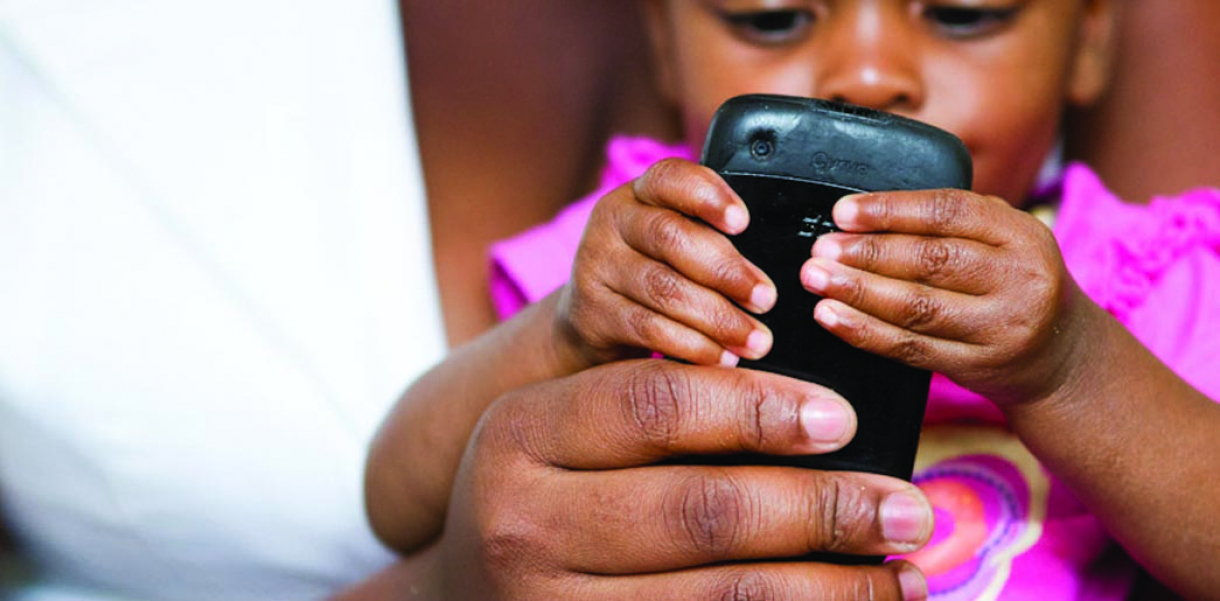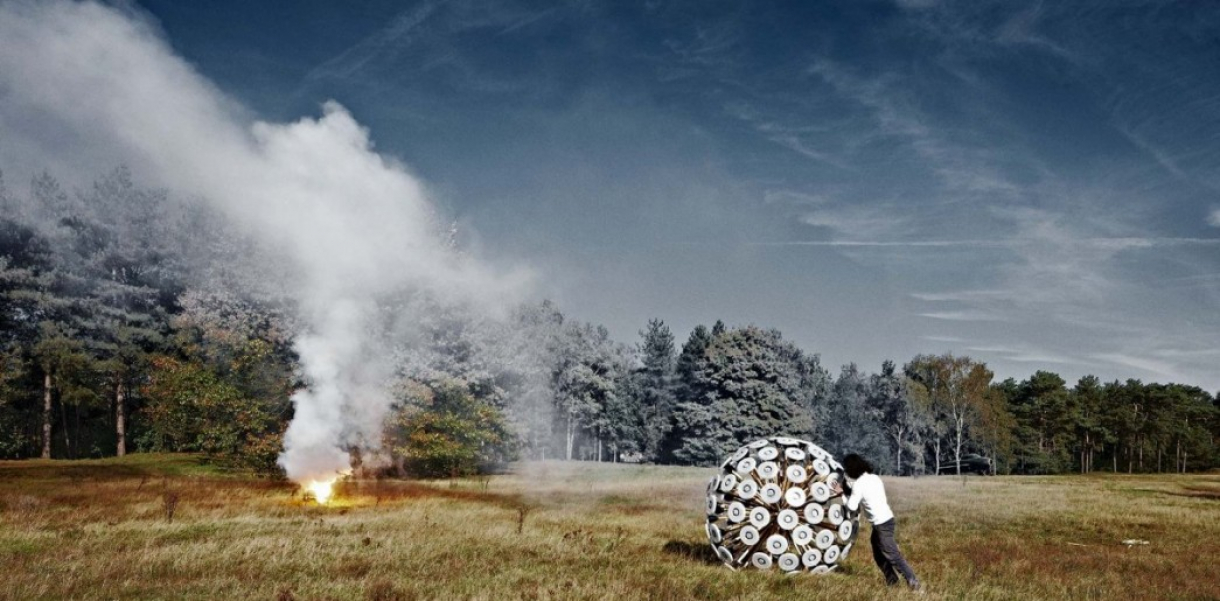The bad news is that every year, the world discards up to 50 million tons of electronic devices - the equivalent of throwing out 125,000 fully loaded 747’s - of which only between 10 and 18% are recycled. Most of this e-waste ends up in Africa post mortem to be burnt in fields by workers chasing precious copper, whilst exposing themselves to lethal fumes continuously. The good news is that Attero Recycling addresses this massive issue with an environmentally friendly solution that does not squander energy, water or materials, nor harms the environment.
How often do you buy a new cell phone, laptop or mp3 player? According to statistics, the average person replaces their cell phone every 22 months and laptop every 2 years. But what do you do with your outdated electronics? Unfortunately this is not as easy to answer, as it maybe should be.
Because, even when you send your e-waste to a recycling facility, it may not end up where you think, or where you hope it goes. The majority of the world's e-waste is actually exported, mostly illegally, to countries like Ghana, Nigeria, Pakistan, India and China, where workers looking to make a profit from copper and gold, informally recycle it. Sadly, the men, women and even children who dismantle and burn this e-waste are rarely protected from the dangerous toxins caused when the e-waste is burned to extract the precious metals.
India generates around 350,000 tons and imports another 50,000 tons of e-waste every year. In Delhi the garbage crisis is so bad that the Indian capital may drown in its own waste. Of the 9,000 tons of trash that's generated and discarded to landfills daily, 50% could be fit for composting and 30% of it is recyclable. Delhi alone accumulates 30 tons of electronic waste daily; now imagine the rest of the world. The emerging scenario is both worrisome and frightening, but thankfully, there is a solution and its name is Attero Recycling.
Attero (Latin for waste) is India's largest integrated end-to-end electronic waste recycling company. Instead of seeing e-waste as a crisis, the founder Rohan Gupta saw it as a business opportunity that needed to be tapped into. What separates Attero from its competitors is not only their dedication to the pick-up and transport of the discarded electronics, as well as even the security of the data stored, but ultimately, a safer, more responsible way of disassembling and recycling the waste, by means of high-tech metallurgical and mechanical processes. This means machines handle the most hazardous and toxic tasks - without ill-paid and at-risk labor from men, women, and children. Once the aluminum, plastics, ferrous and non-ferrous metals are separated safely, they are ready to be recycled and treated in the company’s state-of-the-art facilities. This allows Attero to spearhead the industry in terms of efficiency, recovery and recycling rates across all WEEE categories. No wonder, as the processes which make this possible were home-brewed and perfected by the company; even allowing to turn non-recyclable plastics into carbon black!
With an amazing 10 to 15 tons of recycled e-waste per day, it is apparent that Attero will make a considerable impact in terms of sustainable waste management and indirectly save numerous lives from slave-like labor, poisoning, and death. This design is testament to the idea that profit can be made without exploitation, pollution or ignorance. This business model is not only sustainable and environmentally responsible, but also clever in terms of maximizing profit by making sure as little waste as possible is actually thrown away, which Attero call “zero dumping technology”. In return, the salvaged materials make for quite a valuable resource - all with the environment in mind. This is a true case of win-win!






